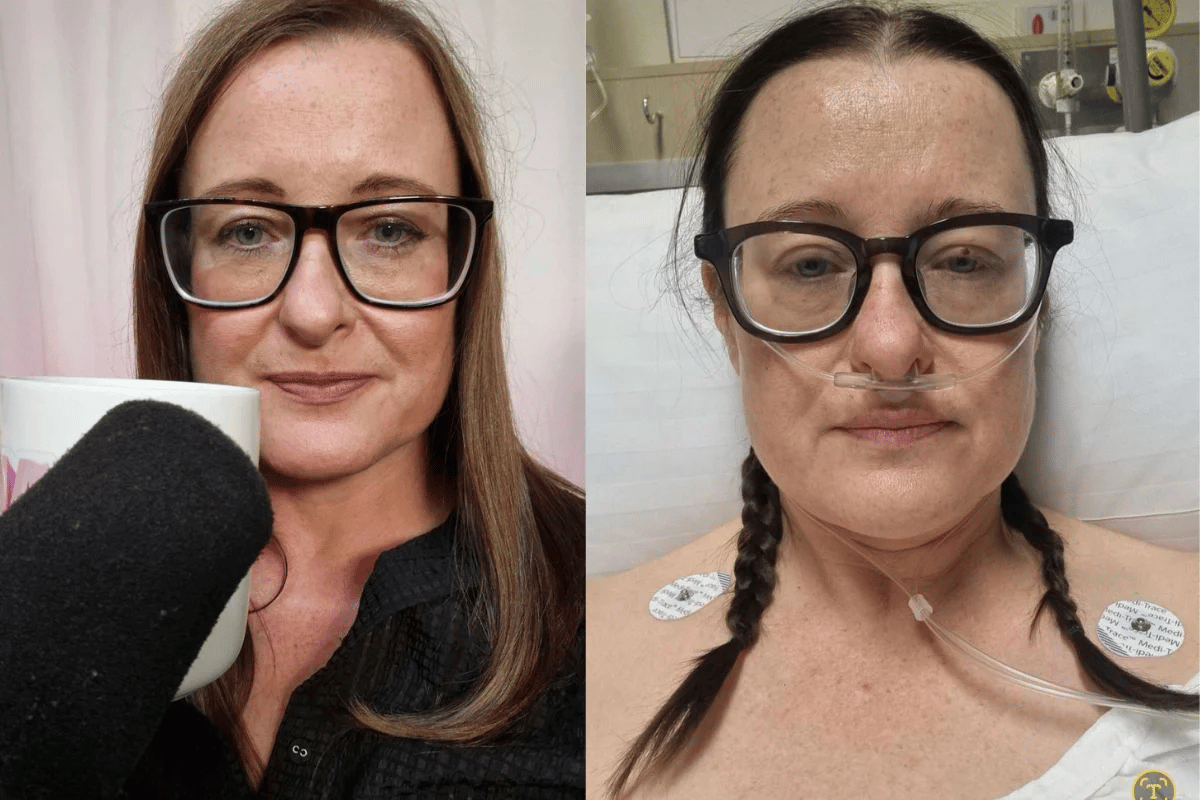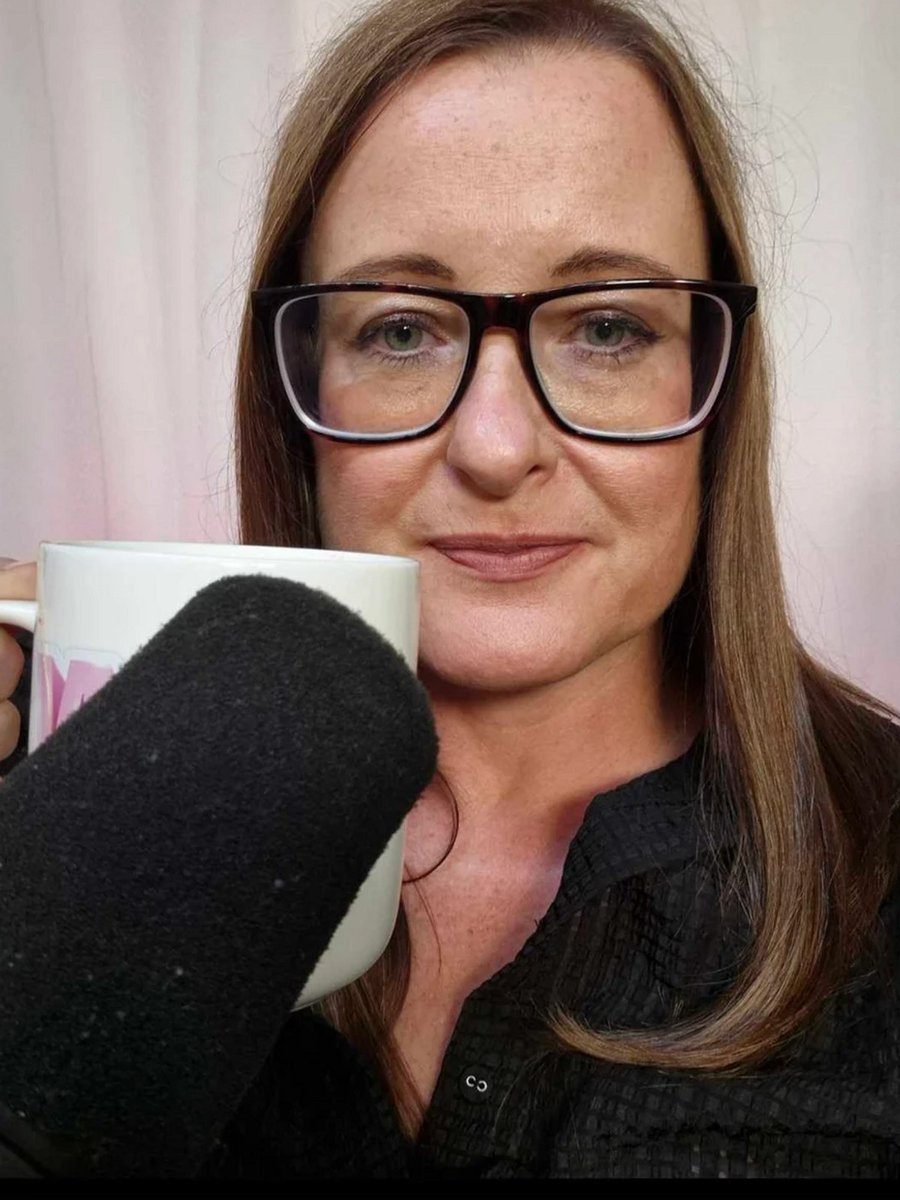
I blamed myself for the pain for so long.
I blamed myself for not being able to fix it, and the reason I blamed myself was because I was fat.
I wasn't fat when I first hurt myself, an injury that would set me on the path of 30 years of pain. In fact, I was incredibly fit back then.
I was just 14 years old, playing netball when a misstep saw me snap my cruciate ligament in my left knee. I had it reconstructed but within 15 years, the graft failed.
It meant that instead of being a nice straight line holding my knee joint in place, it had stretched and gone wavy, so the joint was regularly slipping.
Over the 10 years (or so) of that graft failing, it caused the bones around the very little cartilage I had left to slice into it, slowly eroding it away.
A second knee reconstruction saw some improvement, but again 15 years later, the pain had become almost unbearable.
On one side of my left knee there was no cartilage left at all. Bone was grinding on bone each and every day. I couldn't walk my dog around the block without it collapsing or shooting needles of fire up through the joint.
It was also impacting my mental health. I had dreams where a building would be collapsing around me and I would tell my family to run away and save themselves, knowing I would never be able to escape the falling debris.
Listen to Claire Murphy discuss all things body on the Well podcast here. Post continues below.






























































































